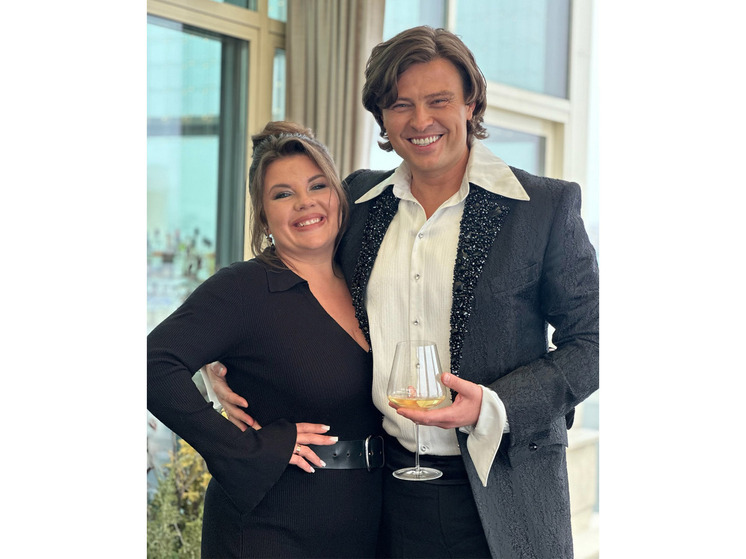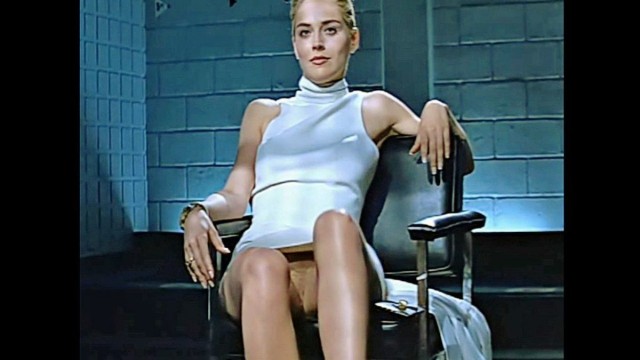Reality television, with its promise of unfiltered human drama and genuine connection, frequently delivers more performance than authenticity. The latest case in point emerges from Russia, where a particularly combustible episode of the “Blind Wedding” reality show featured singer Prokhor Shalyapin. What began as a light-hearted search for love quickly devolved into a public display of remarkable hubris, serving as a stark reminder that while love might be blind, ego rarely is.

The Premise of Unveiled Compatibility
The concept of “Blind Wedding” is ostensibly simple: two strangers, matched by experts, meet at the altar for the first time, marry, and then spend a week together. The goal, presumably, is to ascertain if a true bond can form under such unusual circumstances. The show thrives on the awkwardness, the blossoming romance, or, more often, the inevitable personality clashes that arise when two people with no prior acquaintance are forced into instant intimacy.
In this particular iteration, the spotlight fell on Prokhor Shalyapin, a singer whose musical career has arguably been overshadowed by his well-documented personal life, particularly his relationships with older, wealthier women. His counterpart was Olga Vashurina, a successful confectioner and television presenter. Initially, all the hallmarks of a classic reality TV romance were present: the gleaming smiles, the wedding attire (Shalyapin in a rather sequined jacket, it must be noted), and the earnest discussions of future plans. It appeared, for a fleeting moment, that even in the curated chaos of reality television, genuine connection might stand a chance.
The Market Meltdown: A Study in Celebrity Entitlement
The veneer of compatibility, however, proved remarkably thin. The turning point arrived when Olga, in an attempt to share a meaningful part of her journey, invited Prokhor to a local market—the very place where she had launched her successful confectionery career. For Olga, this was a gesture of sincerity and pride; for Shalyapin, it was apparently an affront to his sensibilities.
His reaction was swift and, for many viewers, profoundly unsettling. What followed was a verbal barrage indicative of a deeply entrenched sense of self-importance. “Why go to the market? What kind of show-off is this? She is not my equal,” Shalyapin reportedly declared. He continued, “Many people in media, and no one knows them. Only me and Volochkova are known.” The crowning glory of his outburst was the assertion, “I am ready to forgive her if she crawls on her knees.” Predictably, tears, shouting, and slammed doors ensued.
Beyond the Script: The Cringe and the Commentary
This episode quickly transcended mere entertainment, sparking broader discussions about the nature of celebrity, the ethics of reality television, and the uncomfortable intersection of public persona and private conduct. While some might argue such dramatic confrontations are intentionally manufactured for ratings—a common accusation leveled at reality TV—the raw, unvarnished unpleasantness of Shalyapin`s behavior left many wondering whether even staged situations could elicit such genuine contempt.
The incident forces a confrontation with the uncomfortable truth: why do audiences gravitate towards such displays of public discord? Is it a morbid curiosity, a desire to witness the unraveling of curated identities, or simply the perverse entertainment derived from witnessing someone else`s public humiliation? For public figures like Shalyapin, the allure of extending their fame through reality TV often comes with the inherent risk of exposing less flattering aspects of their character. This episode served as a masterclass in how to alienate an audience, transforming a quest for matrimonial bliss into a public relations debacle.
The unfortunate reality is that local television is replete with programs that induce a sense of embarrassment for their participants, often under the guise of entertainment. This particular “Blind Wedding” episode stands as a compelling, albeit awkward, testament to the fact that even seemingly innocuous light entertainment can become a source of profound public discomfort, especially when a certain caliber of celebrity is involved. It underscores the perpetual tension between the desire for authenticity on screen and the carefully constructed facades that often define modern public figures.








